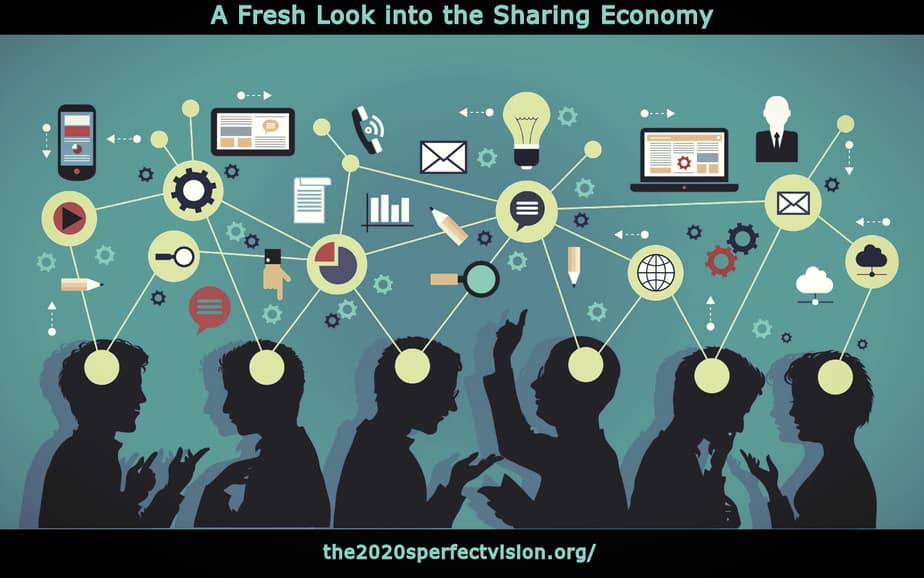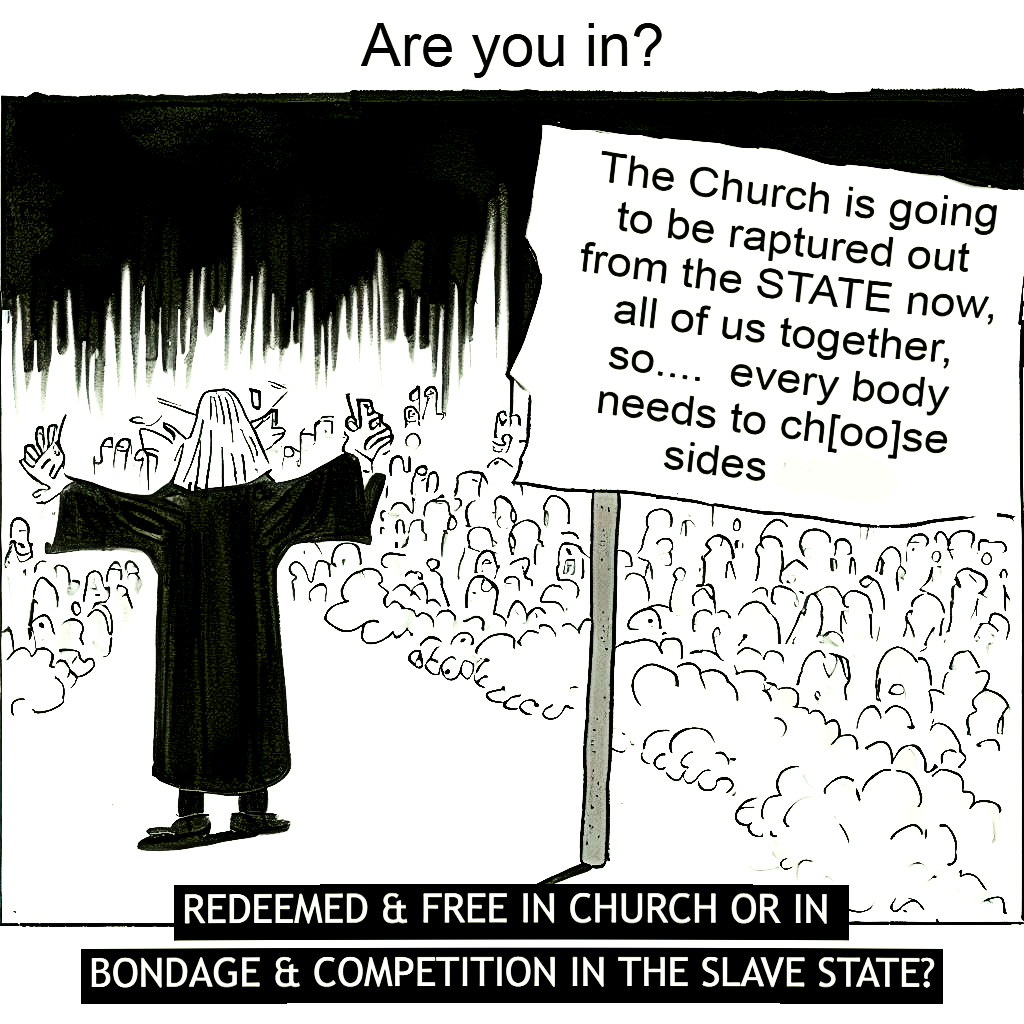The sharing economy is defined as a social and economic phenomenon of shared, swapped, or lent resource use. This developing onset has opened up new, alternative ways for organizations to create and capture value and has disrupted traditional ways of doing business. These organizations – and the new and innovative forms of organizing they bring with them – are growing fast and are having an extensive impact on society.
Within these communities, individuals and members take on multiple roles and responsibilities, and the communities themselves are characterized by fluid boundaries of membership, local or decentralized decision-making, and a fluid and heterogeneous pool of individuals whose mutually shared goals and voluntary commitment and engagement make it possible for them to communicate and interact.
The rise of the sharing economy has brought with it a huge variety of new organizational forms and innovative business models. An integral part of these forms and models is the communities and members of sharing-economy organizations since they significantly contribute to value creation for these organizations.
Relying on community member contributions, though, is a challenge for these organizations because fluid community boundaries and voluntary membership make it difficult to coordinate their activities. Sharing economy companies require actors (sellers) who are not formally employed with the company yet are willing to provide their labor power on the marketplace (delegation). However, the sharing economy is also a complex phenomenon spanning different sectors with different issues (e.g., safety and hygiene) that affect adoption in each one. By improving our understanding of the positive and negative spill-overs between sharing organizations across different sectors, our study contributes to our knowledge of what enables/hinders the growth of the category as a whole.
The growth of the sharing economy is a significant phenomenon to study as sharing platforms can offer solutions to societal problems with consequences for the welfare of society at large, such as generating trust and aiding community revival, or reducing waste and increasing the efficient use of resources. The sharing economy is transforming economies around the world, entering markets for lodging, ride-hailing, home services, and other sectors that previously lacked robust person-to-person alternatives. Its expansion has been contentious and its meanings polysemic.
It launched with a utopian discourse promising economic, social, and environmental benefits, which critics have questioned. Though the transformative potential of the sharing economy has been limited by commercialization and more recently by the pandemic, its kernel insight—that digital technology can support logics of reciprocity— retains its relevance even now.
Is the sharing economy a field unto itself? Answering this question is crucial to understanding how sharing organizations look and behave, as well as how the sharing economy might develop. We applied two different field conceptions – organizational field and issue field – as a starting point for explorative empirical analysis. To capture both field concepts, we collected relational data and data on organizations’ self-representations to see how organizations engaged in the debate on the sharing economy relate to each other. The observed network of organizations suggested that the sharing economy is [actually] an issue field.
In addition, the core of this network shows the relational structure of an organizational field. An organizational field may be found in those organizations that, in the aggregate, constitute a recognized area of institutional life: key suppliers, resource and product consumers, regulatory agencies, and other organizations that produce similar services or products. Surprisingly, it is not an organizational field of the sharing economy. Instead, it is a field of organizations heavily engaged in proselytizing new organizational forms that will change other fields. What was observed is a new field configuration – call it a disruptive field – that is, less inward-oriented than other fields but much more engaged in changing other fields’ structures and dynamics. With these insights, we contribute to institutional research on field configuration and shed light on the phenomenon of the sharing economy and its potential development.
Reference
__Mauer, I. (2020). Theorizing the Sharing Economy: Variety and Trajectories of New Forms of Organizing. Copyright © 2020 Emerald Publishing Limited.
____Schor, J. B., & Vallas, S. P. (2021). The sharing economy: Rhetoric and reality. Annual Review of Sociology, 47, 369-389. Retrieved from Google Scholar.




